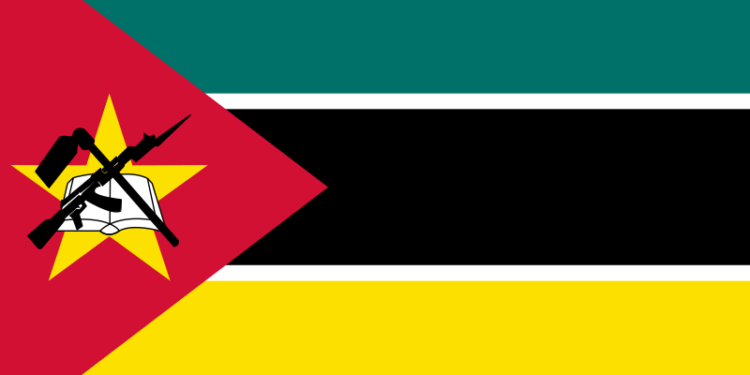Mozambique’s National Electoral Commission (CNE) declared Daniel Chapo, representing the ruling Frelimo party, as the victor in the recent presidential election on Thursday, October 24th. Chapo, who won over 70 percent of the votes, is set to become Mozambique’s first president born after its independence from Portugal in 1975. His primary opponent, independent candidate Venancio Mondlane, claimed around 20 percent, while Renamo’s Ossufo Momade garnered close to six percent. The election, which also decided parliamentary seats and provincial governor roles, is under scrutiny with significant fraud allegations from opposition parties.
The opposition has voiced strong accusations against the ruling party, claiming the election process was marred by vote manipulation and irregularities. Mondlane, backed by the Podemos Party, has openly contested the results, insisting he emerged as the legitimate winner. The European Union observer mission reported that some of its monitors were prevented from overseeing vote counting at certain locations and noted “unjustified alterations” at various polling stations, intensifying suspicions of electoral misconduct.
Protests erupted across the nation following the announcement, as Mondlane’s supporters took to the streets in cities like Maputo and Nampula. Demonstrators, carrying signs reading “Tired of being the slaves of thieves,” clashed with police, who dispersed crowds using tear gas. According to local reports, injuries were widespread, and one protester reportedly died in Nampula, raising concerns over escalating violence.
Chapo, addressing his followers, condemned the violent acts tied to the election, including the recent killings of opposition figures Elvino Dias and Paulo Guambe. These incidents have intensified public outrage, with opposition members alleging that state forces played a role in the attacks. Frelimo has denounced these accusations, calling the killings “macabre acts” and emphasizing their commitment to a transparent investigation.
With Frelimo’s continued rule, the election extends the party’s nearly 50-year governance, a legacy marked by both a civil war and prolonged political dominance. Incumbent President Filipe Nyusi, who has completed his second term, will be succeeded by Chapo in January. As Mozambique’s political landscape faces increased tension, the ruling party has promised to work toward national unity, though opposition factions remain skeptical.










